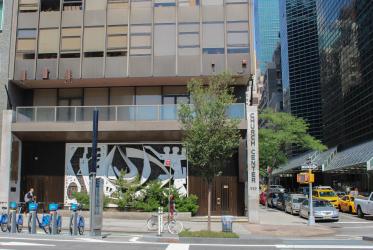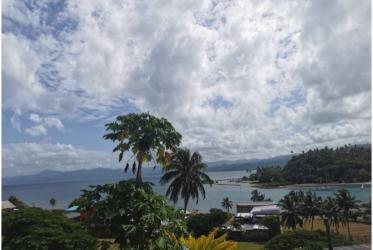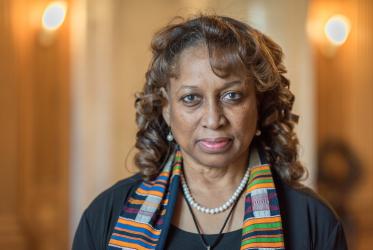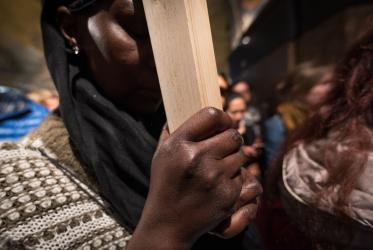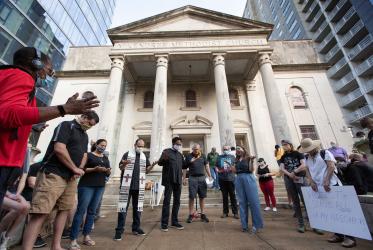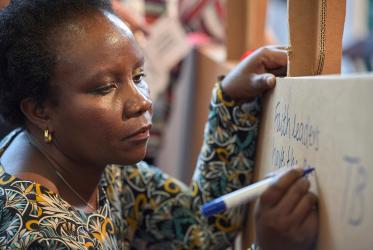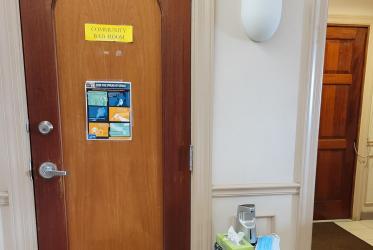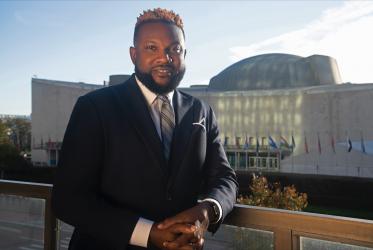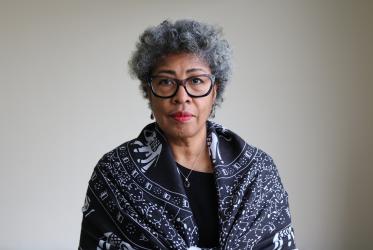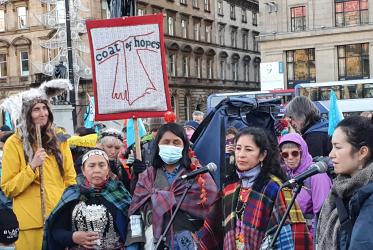Displaying 1 - 20 of 27
17 April 2024
Migrants in Argentina find listening ears and open hearts
04 November 2022
In New York City, the spirit of Thursdays in Black is thriving
06 October 2022
Rev. Dr Angelique Walker-Smith receives Figel Ecumenism Award
25 February 2022
How do churches address racism, really?
15 February 2022
Wrestling with the racial pandemic
15 February 2022
“Bathroom ministry” for the homeless
14 December 2021
Perkins names Dr Evelyn Parker as 2021 Distinguished Alumna
11 November 2021








